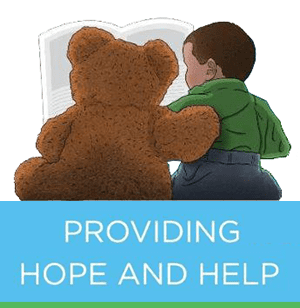Children are in foster care in response to both federal and state laws that protect children from abuse and neglect.
2. What is the difference between foster and adoptive parents?
Both foster and adoptive parents care for and provide for the immediate needs of the children in their home. Foster parents are working towards reunifying a child with their biological… Read more »
3. Can you be both a foster parent and an adoptive parent.
Yes, DFPS or your CPA can provide a dual license, meaning you can be both a foster parent and adoptive parent.
4. Why does CPS need foster homes?
When a relative is not available to care for a child that must be removed from their home, we must look to others to care for the child until it… Read more »
5. Why does CPS need adoptive homes?
Although the primary goal of DFPS is to return children to their biological families, sometimes that is not possible. In that case, we look for permanent adoptive homes for the… Read more »
6. Can you tell me about the children?
All of our children are in state custody due to abuse and neglect. They have many characteristics, here are a few: Range in age from 0-22 All race and ethnic… Read more »
7. What are the requirements to become a foster or adoptive parent?
Must be 21, can be single, married, divorced or widowed Must be financially stable Submit to background checks for all household members over 14 years of age Complete an application,… Read more »
8. What are the next steps?
Attend an information meeting Select an agency Complete application packet and requirements listed by agency Attend training Home visits Home study/screening Complete additional requirements as determined by the children you… Read more »
9. How much does it cost to be a foster or adoptive parent?
The monthly reimbursement provided to foster families is a combination of federal, state, or county funds. It is for child care-related costs such as food, clothing, recreation, transportation, and housing… Read more »
10. What is pre-service training?
You will attend pre-service training with your agency. Some call this PRIDE. It is about 35 hours of training and will cover: Child Attachment Grief and Loss Discipline and Behavior… Read more »


Recent Comments